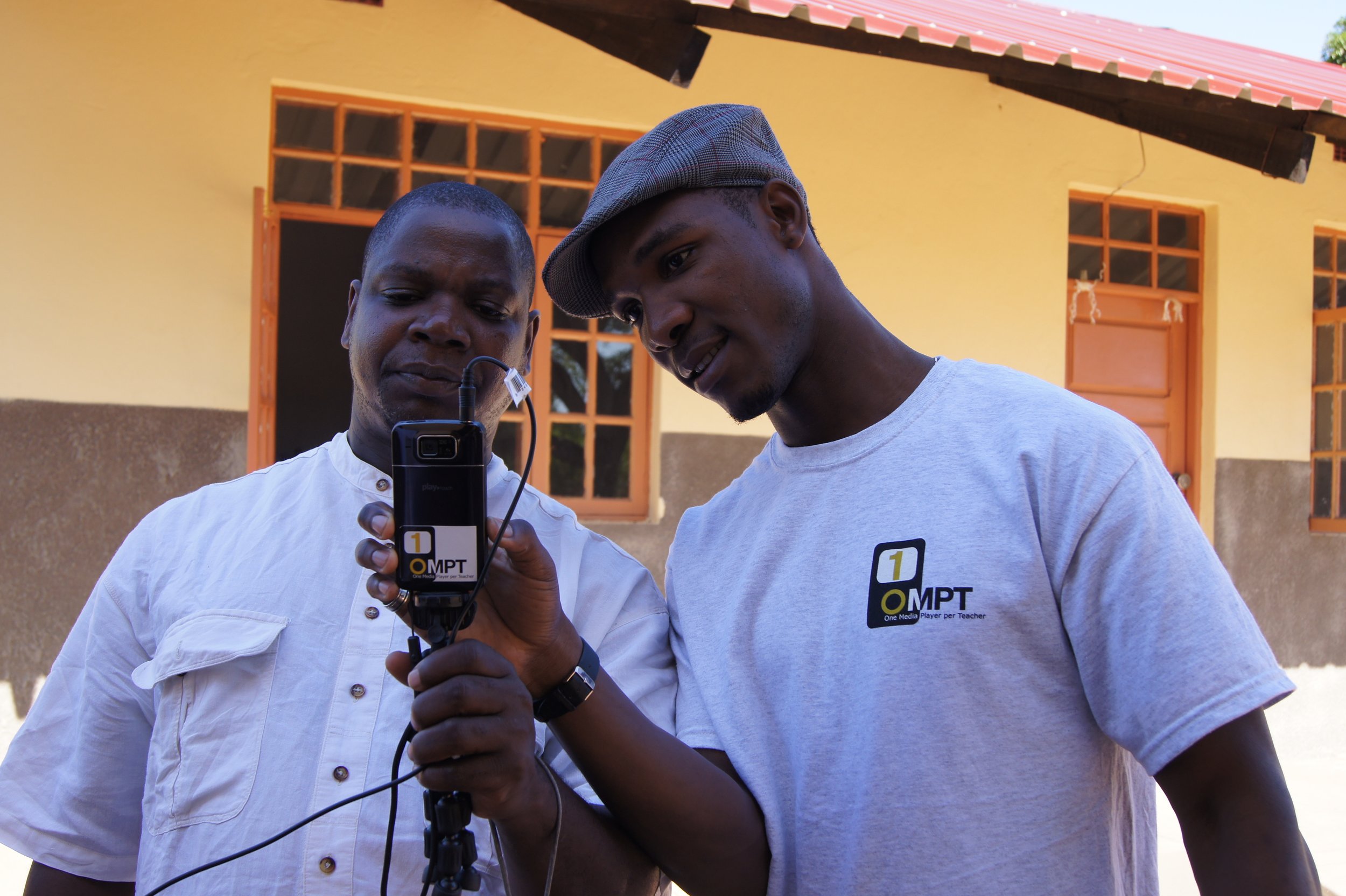Storytelling: A catalyst for change
Behind every movement, there's a story. And behind each story, there's a storyteller. Storytelling has always been a crucial part of all cultures. It's how we share experiences with loved ones, local communities and sometimes, the world at large. Stories serve multiple purposes. They entertain and help us remember the past, but they can also be powerful tools for inspiring action and promoting positive change.
Driving forward change through storytelling
Humans can be quite detail-oriented, but we're more likely to remember details if they're part of a story that resonates with us. Take a moment and think back to August 2, 2010. Do you remember what you did that day, what you wore or what the weather was like? Probably not. Now, think about your first day of school; you likely remember some specific details about the day. Why? Because the emotional story of that significant day has etched those details into your memory.
Stories forge emotional connections between dates and information and our own experiences. At the same time, our emotional connections to stories affect how we engage with others and the broader issues and challenges they face.
Having the means to tell stories
At the center of our cause, illuminAid wants to give more people, especially those in underprivileged communities, the tools to share their stories. By doing this, we're empowering these communities to not only tell their stories but also to drive change and improve the lives of their people. Take, for instance, a video created during one of our workshops in Gambia in partnership with the Ministry of Health and Social Welfare. The video tells the story of a local woman using a bed net to protect her family from malaria. It's a simple yet powerful narrative that doesn't just inform but also connects with the locals of Gambia because the family featured in the video are locals as well. This story aims to increase awareness about malaria and the effectiveness of bed nets in the community there.
Stories are more than just tales or recollections — they're catalysts for change and really do have the power to foster positive change.




